As much as we wish we could keep every tooth healthy and fully intact, this is not yet possible. Tooth loss may occur for a number of reasons, from decay to traumatic injury. When it does, the team at Hampton Dental Associates gets to work helping you reclaim your ideal smile as quickly as possible. An age-old way of replacing teeth is to insert a dental bridge. This is a service that we perform with a great deal of care for long-lasting results.
Our team is here to help you regain optimal oral health. To discuss your tooth replacement options, call 414-464-9021 today.
What Are Dental Bridges?
A missing tooth is more than a cosmetic concern. You need every one of your teeth to help you chew efficiently as well as to speak clearly. Losing a tooth can make these tasks uncomfortable and it may also make you more susceptible to further tooth decay and gum disease. A dental bridge is a restorative structure that fills the gap in between remaining teeth so that you can continue to enjoy a functional, attractive smile.
There are two common types of dental bridges used today, the fixed bridge and the implant-supported bridge. Our team has mastered the use of dental implants for tooth replacement, but we understand that not everyone is a good candidate for that treatment. The implant-supported bridge is optimal because it is secured by one or more dental implants. Dental implants are like tiny "screws" that take the place of your natural roots, which you lose when you lose a tooth. Once the implants gain full stability in your jawbone, the dentist can affix your bridge to them, restoring nearly 100 percent of your chewing function.
Fixed dental bridges were the most popular form of tooth replacement until the development of dental implants. The fixed bridge involves a multi-step process in which two natural teeth are prepared to anchor the bridge of artificial teeth. The fixed bridge is cemented to the anchor teeth via lifelike dental crowns. In between, one or more pontics, artificial teeth, sit on top of the gums.
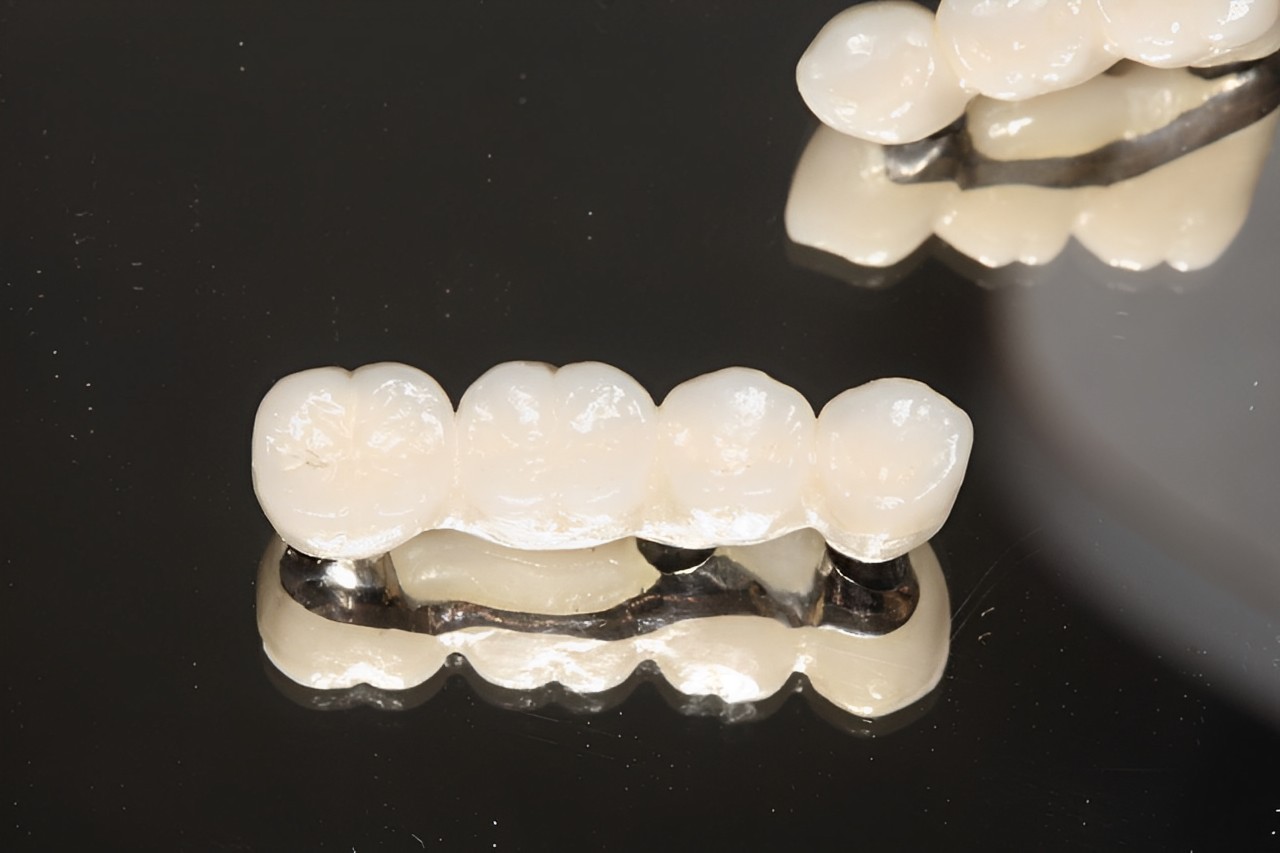
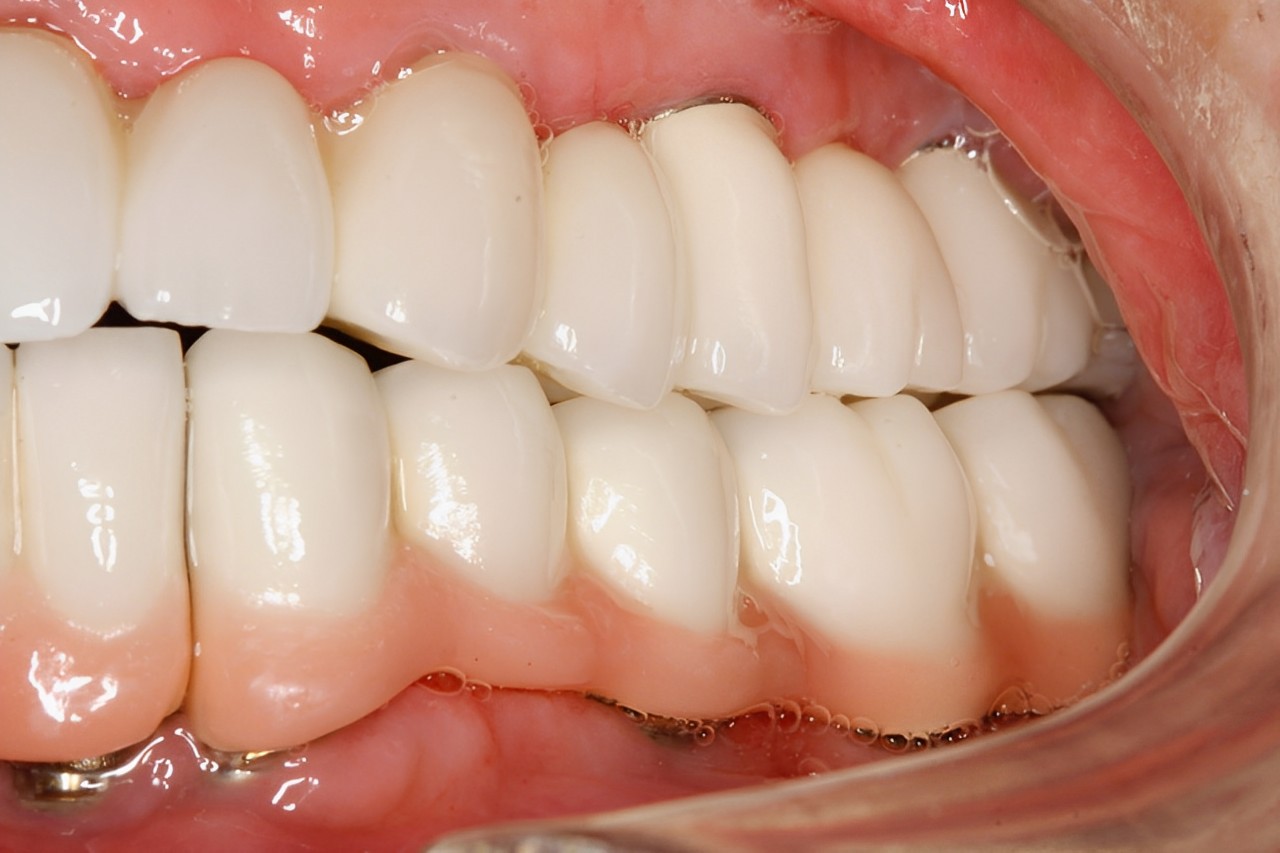
Who Is a Candidate for Dental Bridges?
You may be a good candidate for a dental bridge if you are missing two or more adjacent teeth. When you consult with your dentist here at Hampton Dental Associates, we can discuss your treatment options in depth. At that time, your dentist will get to know your needs and can assess your oral health and jawbone structure for the necessary stability to support your artificial teeth.
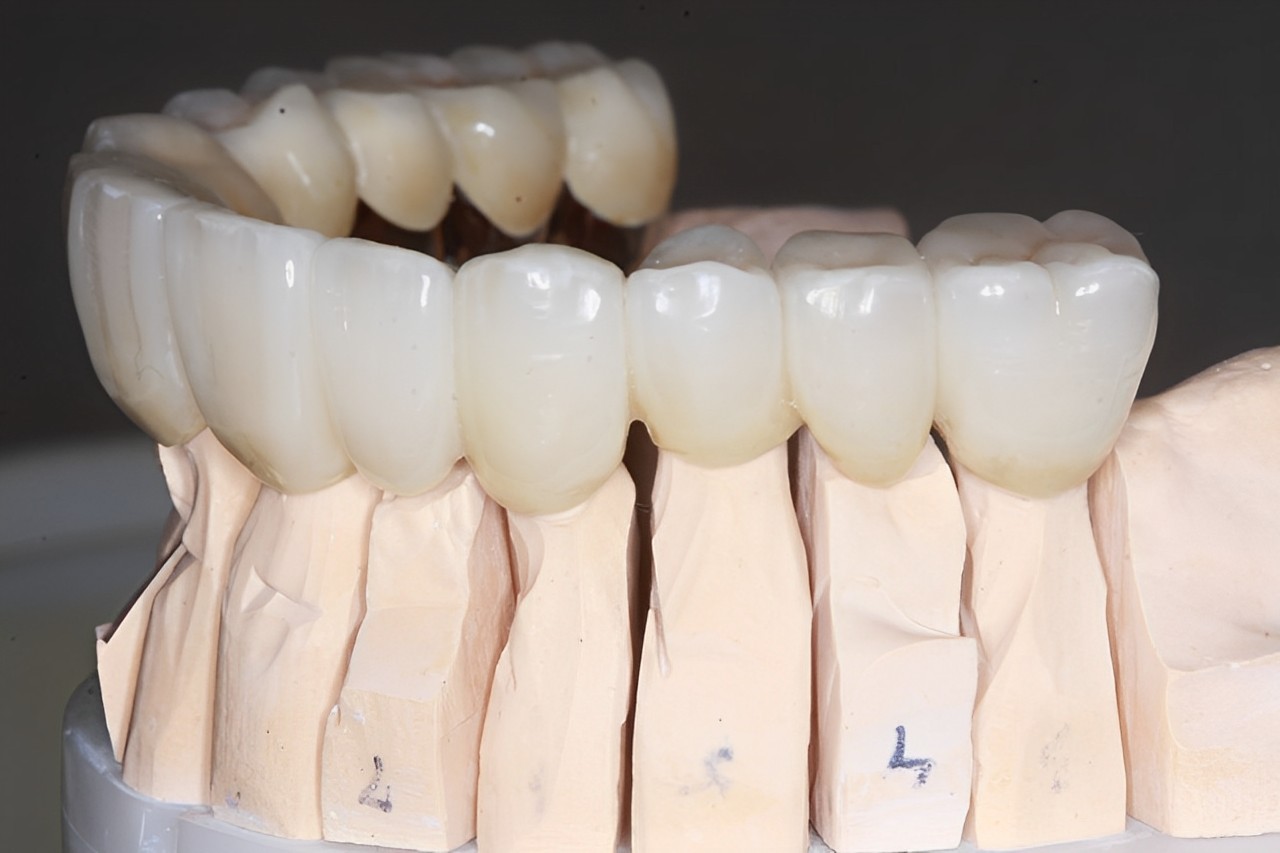
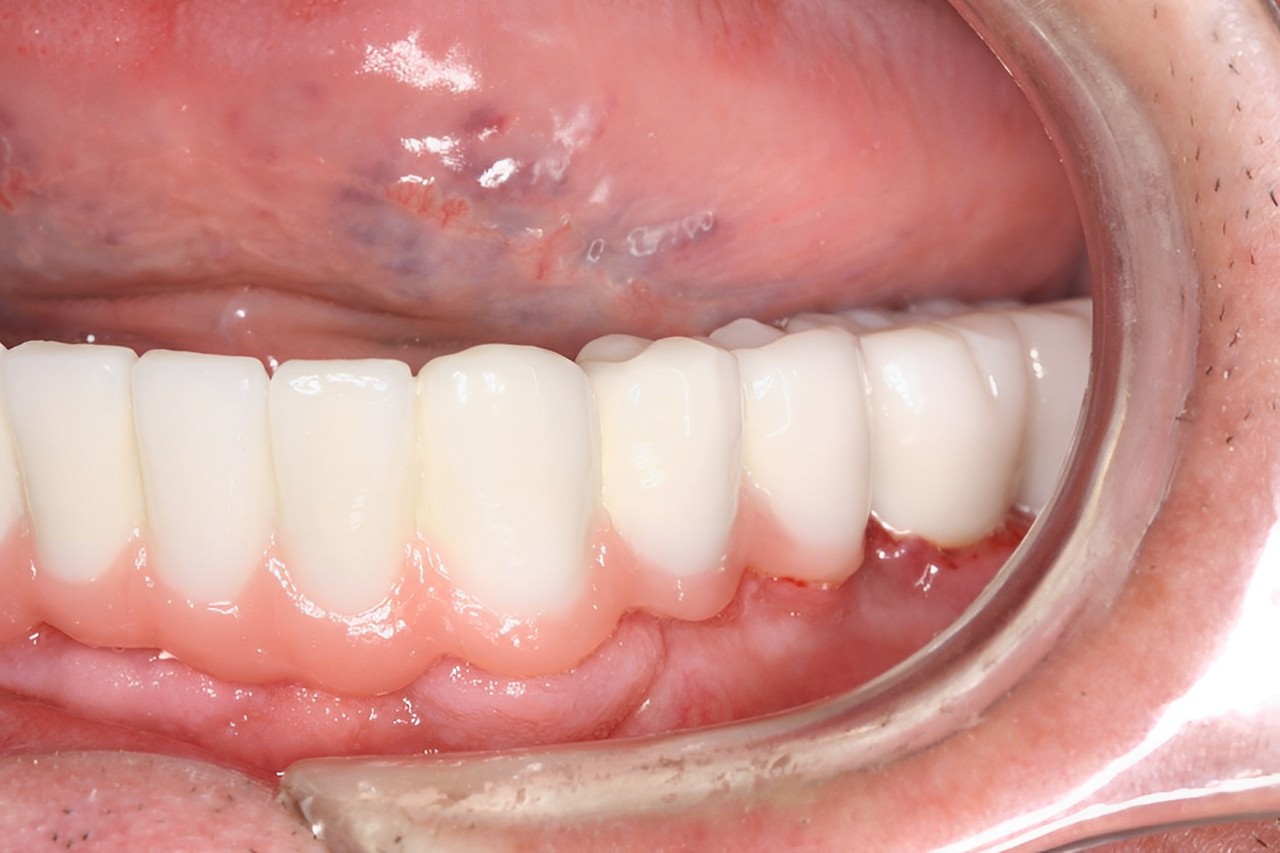
What Are the Benefits of Dental Bridges?
A dental bridge is a beneficial dental treatment because it can give you back your ability to chew foods consistently, without any sticking in the empty space. By filling the gap, your bridge can fill your smile back in with artificial teeth that blend seamlessly with others. Regaining your ability to smile confidently and chew food without any challenges can have a positive impact on your quality of life.
How Long Does a Dental Bridge Procedure Take?
Getting a dental bridge is a process. First, your dentist will consult with you about your goals. They will conduct a thorough examination to ensure that the best treatment is selected. Then, we can schedule your first of two procedural visits. During your first visit, your dentist will either prepare natural teeth for dental crowns that will anchor your bridge, or they will insert your dental implants. Based on your choice of treatment, your second visit may be scheduled in about two weeks or in a few months.
Fixed bridge treatment is complete in two visits over about two weeks. After preparing your teeth for crowns and taking the necessary impressions, the dentist will affix temporary crowns to protect them until your next visit. At your second appointment, the dentist will remove your temporary crowns and replace them with your final dental bridge. This fixture is carefully examined and evaluated for bite and fit before it is bonded for permanence.
Implant-supported bridges may take three or more visits. After inserting the dental implant, it can take three months or longer for your bone tissue to fully surround the titanium post. At your second visit, we will perform imaging to ensure that the implant is fully stabilized. The dentist can then affix a connector piece called an abutment to the top of your implant. Your gums are secured around the abutment, where they will heal in a few weeks. Your final appointment involves the placement of your new bridge onto the implants and a thorough evaluation to ensure stability, comfort, and a pleasing appearance.
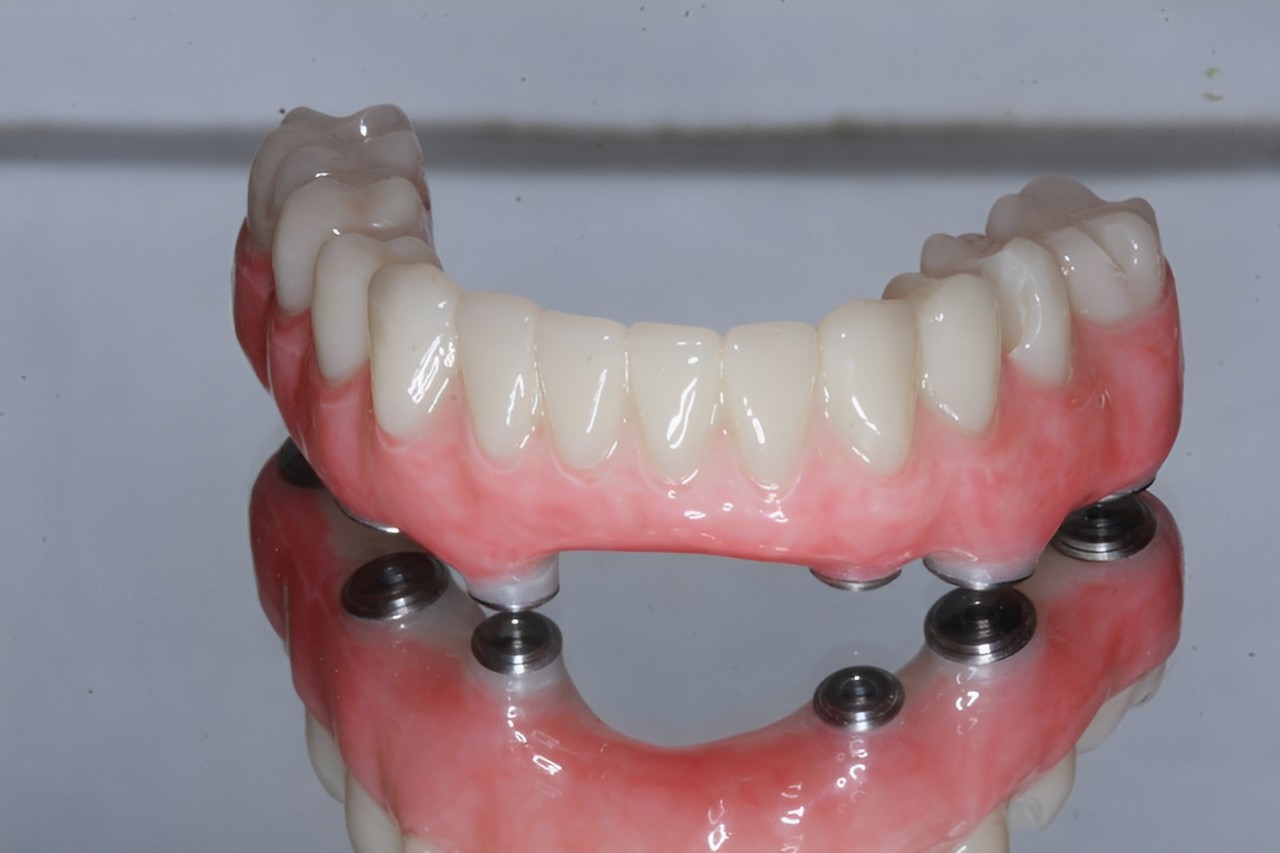
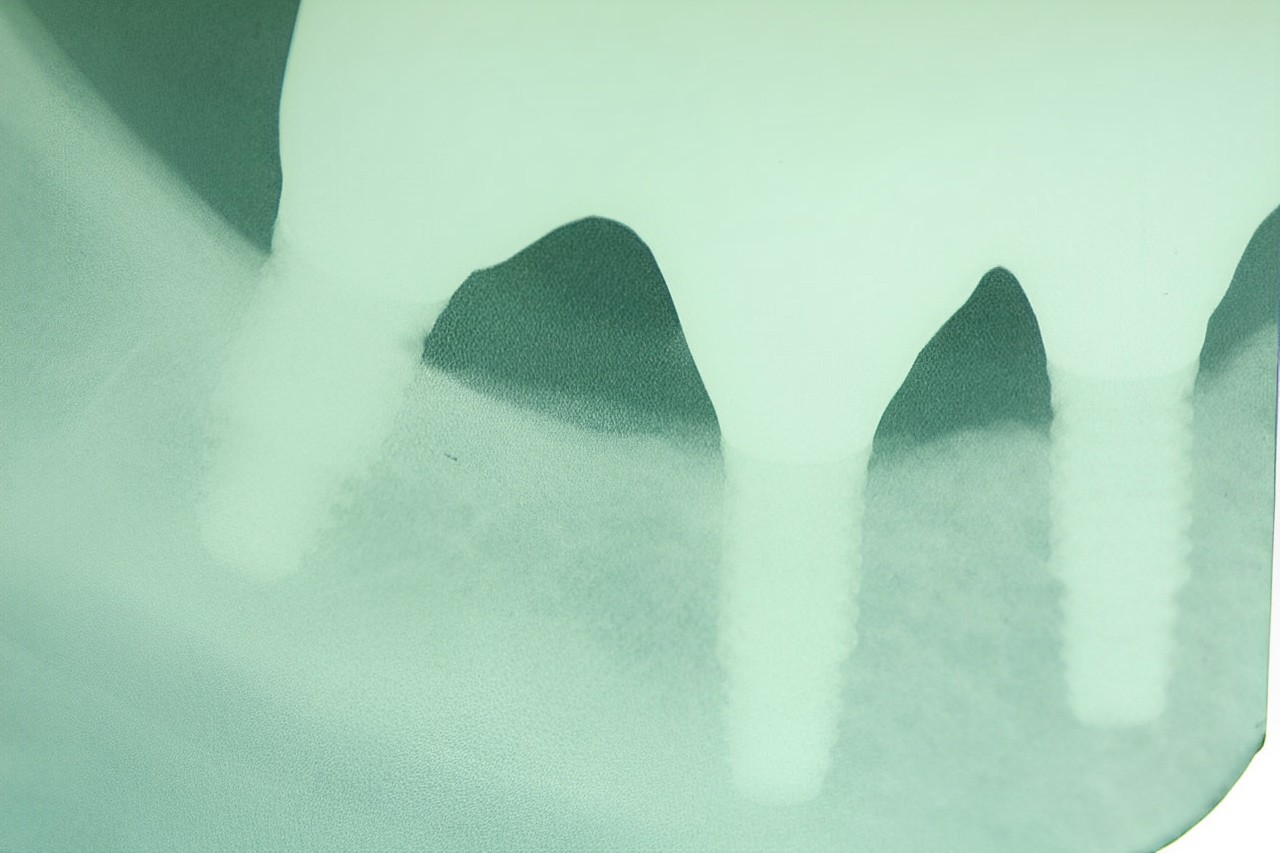
Do I Need to Avoid any Foods after a Dental Bridge Procedure?
We know you want your dental bridge to last as long as possible. With that awareness, your dentist may advise you to avoid certain foods that could damage your new restoration. Most commonly, it is sticky or chewy foods that tend to damage dental bridges. Examples include gum and caramel. When chewing sticky foods, there is a chance that your bridge may gradually lose its stability. Sticky foods may also get caught under the artificial tooth or around the crowns affixed to anchor teeth. This could create a risk of gingivitis and tooth decay. In addition to avoiding sticky foods, you may also want to limit or avoid foods that are very hard and crunchy. Popcorn is an example of a hard, crunchy food that could damage your dental bridge. After your treatment is complete, your dentist can discuss more about how to ensure that your bridge serves you for many years.
How Long Will My Dental Bridge Results Last?
Bridges can last from just a few years to well over a decade. We fabricate dental bridges using the very best materials available today to create the strongest restoration possible. In addition to the design of your bridge and the materials used to make it, the care that you practice can also influence the life of your bridge. After treatment, you should brush your teeth twice a day as demonstrated by your dentist or hygienist. If you have questions about how to brush or floss around your dental bridge, please do not hesitate to contact us. We also recommend maintaining twice-a-year dental visits. This will allow your dentist to monitor the stability of your bridge on a consistent basis, and quickly address any issues that you may be having with oral care.
Schedule An Appointment
We are proud to be one of Milwaukee's oldest dental practices, serving multiple generations of families we've come to know well. To learn more about dental bridge treatment, contact us at 414-464-9021 or click here to arrange a visit.



